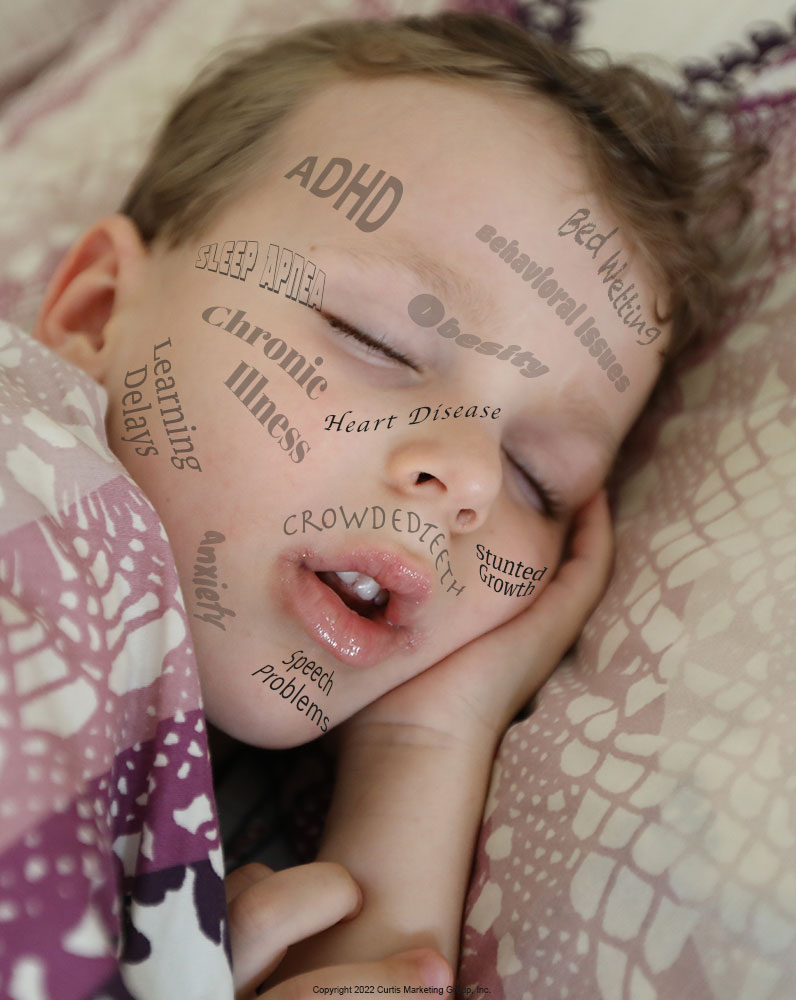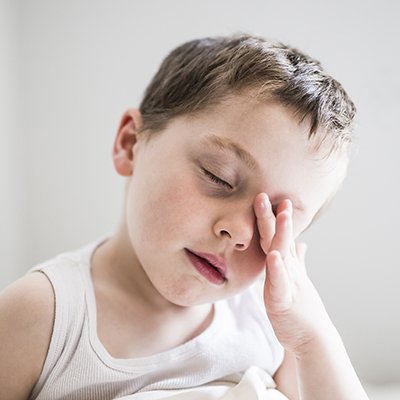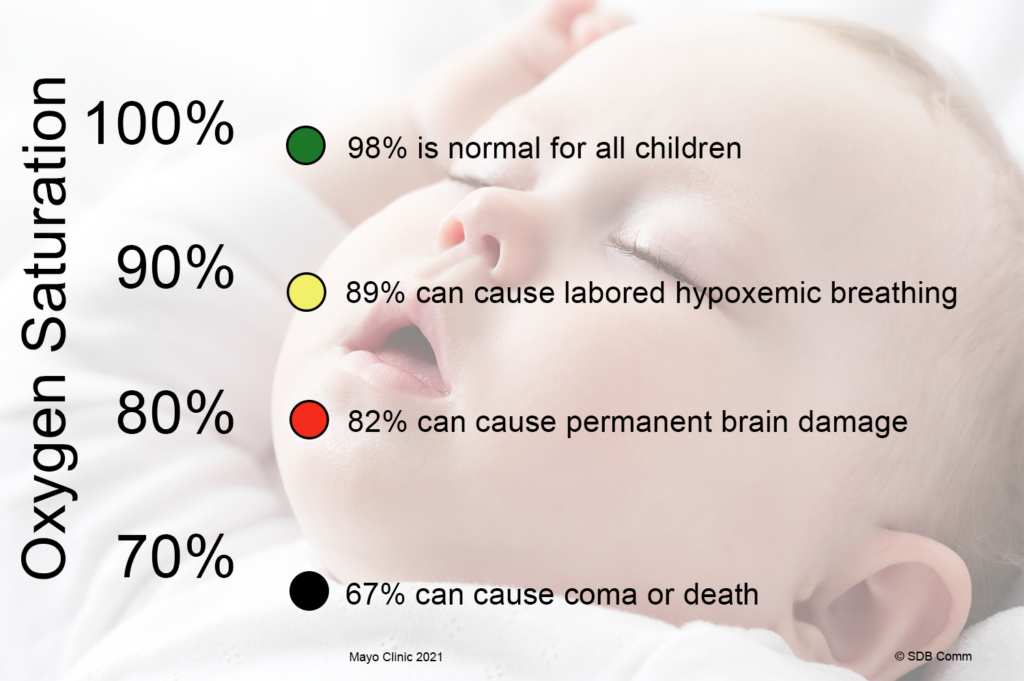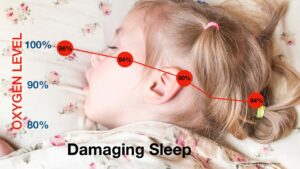Quality sleep is not just about feeling rested in the morning; it’s essential for our overall health and
well-being. But what if your sleep isn’t as restorative as it should be? Many of us dismiss common
sleep problems, attributing them to stress or a busy lifestyle. This applies especially to the
youngsters who are indulged in this trend of pulling all-nighters in the name of hustling, which is
ultimately affecting their health in the long run. However, Now you can identify these problems at
a very early stage with the help of a home sleep test device.
Sleep apnea is a potentially serious sleep disorder where breathing repeatedly stops and starts
during sleep. Due to these interruptions, we experience restless sleep at night and wake up with
severe headaches around our temples. Also, it prevents the amount of oxygen that is required to
reach the blood. It can lead to various health problems if left untreated, including high blood
pressure, heart disease, stroke, and impaired cognitive function. Fortunately, diagnosing sleep apnea
has become more convenient with the availability of home sleep tests. Here are five signs that
indicate you might need to take a home sleep test ASAP:

1. Loud Snoring: While occasional snoring is common and often harmless, loud and persistent
snoring can be a sign of sleep apnea. When you have sleep apnea, your airway becomes partially
blocked during sleep, causing vibrations in the throat that result in snoring. You may have heard
sometimes your partner is cribbing about your snoring or vice versa. Maybe this can be normal
snoring but if it has become a part of your daily life then maybe it is not that common. If your
partner’s complaints are never-ending about your snoring or if you wake yourself up with your own
snoring, it’s time to consider a home sleep test.
2. Daytime Fatigue: Do you often wake up feeling tired despite getting a full night’s sleep? Daytime
fatigue and excessive daytime sleepiness can be an indicator of something concerning. At night,
when your sleep is constantly disrupted throughout the night due to breathing pauses, you’re
unable to get the restorative sleep your body needs, and you may not be as productive the next day
as you want to. As a result, you may find yourself nodding off during the day, struggling to stay
awake, or feeling irritable and unfocused.
3. Morning Headaches: Waking up with a headache in the morning can be a sign of sleep apnea,
especially if it occurs frequently. When your breathing is interrupted during sleep, your oxygen levels
drop, putting stress on your cardiovascular system and causing blood vessels in the brain to dilate.
This can lead to morning headaches that feel like a dull ache or pressure around your forehead or
temples. As a result, you will roam around all day at your office being irritated and cribbing at every
person for no reason.

4. Open Mouth Sleeping: Try to be observant and pay attention to how you sleep. If you frequently
find yourself waking up with a dry mouth or sore throat, it could be a sign that you’re breathing
through your mouth during the night. Open-mouth sleeping is common in individuals with sleep
apnea, as it’s often a compensatory mechanism to bypass the obstruction in the throat. If you notice
that you wake up with your mouth open, it’s worth investigating further with a home sleep test.
Sleeping with an open mouth can also be due to a cold infection but in the absence of that, it’s an
alarming concern.
5. Child Brain Development: If you have a child who is experiencing sleep disturbances, it’s crucial to
address them promptly. Children with sleep apnea may exhibit symptoms such as snoring, mouth
breathing, restless sleep, bedwetting, and difficulty concentrating during the day. Sleep apnea can
interfere with the brain’s development and cognitive function, potentially leading to academic and
behavioral problems. A home sleep test can help diagnose sleep apnea in children, allowing for early
intervention and treatment.

Taking a home sleep test is a convenient and effective way to assess your sleep quality and screen
for sleep disorders like sleep apnea. These tests are portable, easy to use, and can be done in the
comfort of your own home, eliminating the need for an overnight stay in a sleep lab. If you
experience any of the aforementioned signs or symptoms, don’t ignore them. Seek advice from a
healthcare professional and consider taking a home sleep test to evaluate your sleep health.
In conclusion, recognizing the signs of sleep apnea and taking action early can greatly improve your
overall health and quality of life. Don’t let sleep problems go untreated – take control of your sleep
health today with a home sleep test. Take charge of your sleep now! You'll be grateful for it, both
physically and mentally.




